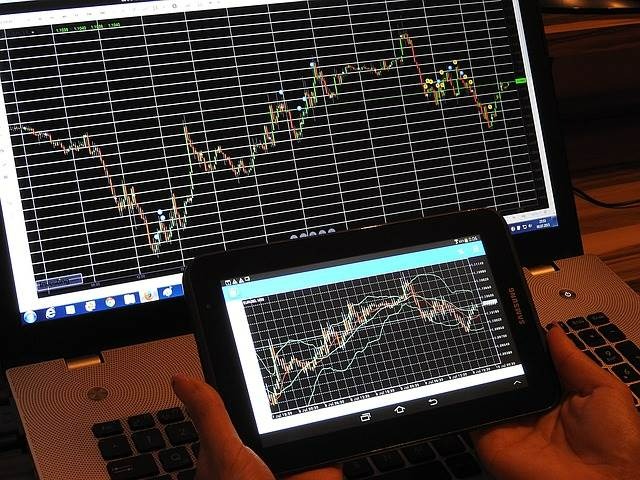* This article was updated on May 15, 2017*
When picking a Forex broker it is imperative to understand the trade structure that you will be using. You need to understand whether you are using a dealing desk Forex broker or not. This knowledge can greatly influence whether or not you feel comfortable using the broker in the long run. The biggest problem with your broker is whether or not they may be actively trading against you.
Issues with a Dealing Desk Broker
A dealing desk Forex broker, also known as a market maker, is a broker that takes the other side of a client’s trades, by setting the bid and ask price and waiting for a trader who would like to take advantage of these set terms. Dealing desk brokers profit by buying at lower prices and selling at higher prices, and by taking advantage of the spreads between the bid and ask price. In most cases, dealing desk brokers keep trades safely within their own liquidity pools and do not require external liquidity providers. While some people believe that this type of brokerage takes advantage of the trader, many traders appreciate the fixed spreads.

The opposite of a dealing desk broker is a non-dealing desk broker, which are often referred to as ECN (electronic communications network) brokers or STP (straight through processing) brokers. Though these brokers differ slightly in their offerings, they are similar in the fact that they don’t take the other side of their clients’ trades. Instead, they work with liquidity providers to give their clients variable spreads and to match traders with other traders who would like to take the other side of a trade. No dealing desk brokers also tend to have lower spreads than dealing desk brokers, but as mentioned earlier, this can be an advantage for some and a disadvantage for others, as the spreads aren’t fixed.
No Dealing Desk Environment
One of the biggest issues with a dealing desk broker is that they are quite often the person on the other side of the trade you take. If you think about this, it can be a significant conflict of interest. Your broker has a vested interest in seeing you lose on the trade. There have even been examples of brokers that have been indicted for playing games with their customers trades. You read stories of brokers that simply wipe their customers out, or refusing to pay profits as they will tell traders that the price of the trade was executed at a "false price".
It is up to you to be diligent, and look up the broker's record with such agencies as the CFTC and FSA. However, this argument may be a thing of the past soon as the ECN Forex broker is becoming more and more common.
Another problem with the dealing desk is that you may run into a delay when getting your order filled. In a meltdown, the dealing desk Forex broker needs to manually approve every trade that comes through. If there are thousands and thousands coming in, you may find that you get slipped several dozen pips before your trade gets filled. I have had personal experience with this, both for and against my bottom line. When you have a dealing desk that is overwhelmed, it can lead to exaggerated losses.
Contrast this with a no dealing desk environment. The no dealing desk environment automatically matches client orders with other traders via a liquidity provider. Normally this is completely computer driven, and instantaneous. This is one of the main advantages over the traditional dealing desk model.
It shouldn't be suggested that simply because a dealing desk exists that the broker is dishonest. In fact, for a very long time this was considered to be normal business standards. But as time has gone on, a few bad apples have given the concept of the dealing desk a very bad name and traders are starting to demand at the very least automated trading, if not anonymous and ECN trading.
If you are uncomfortable with the concept of the dealing desk, there are plenty of brokers out there that do not use them. Even in a non-ECN environment, you can still find automated trading that is completely fair and transparent.
